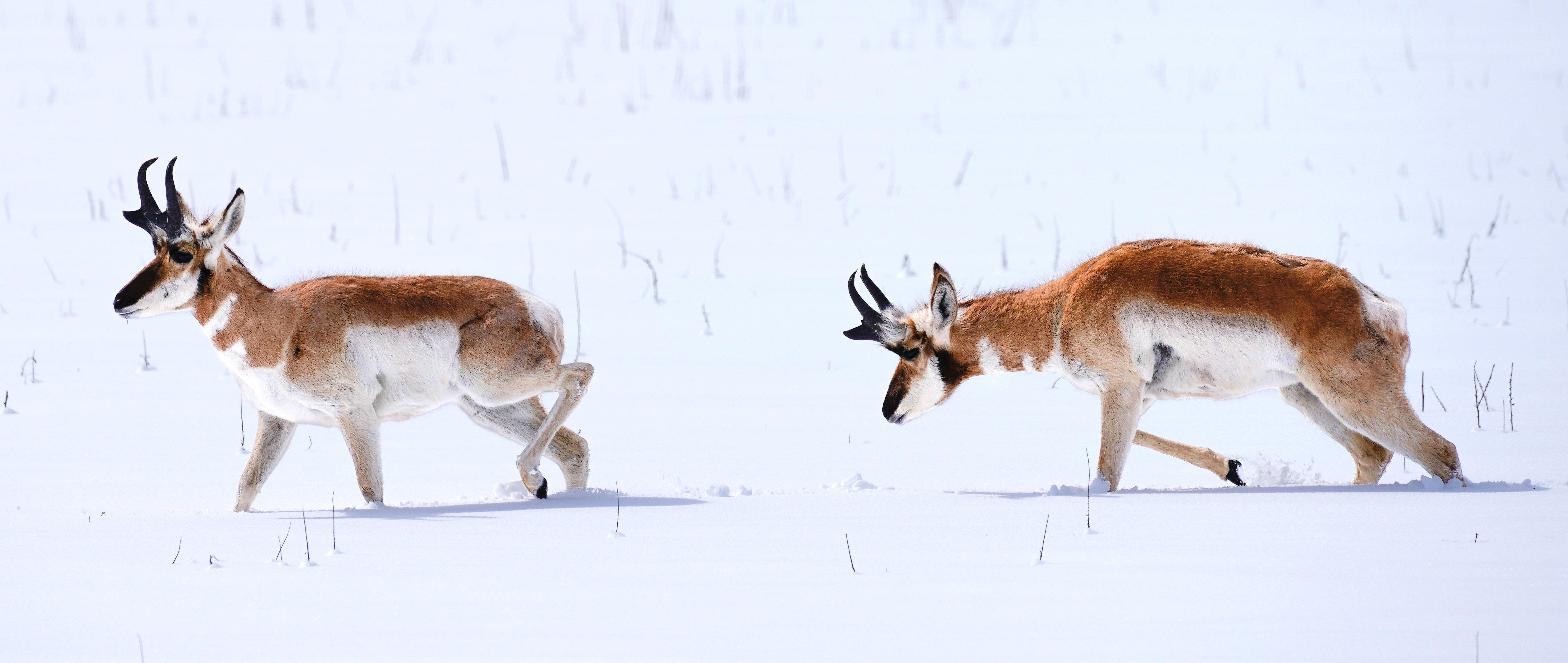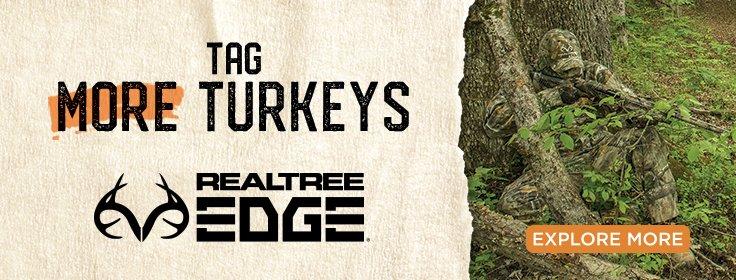Deep snow and frigid temperatures have increased big game mortality rates in both states

Hunting season recommendations are based on forage availability, disease prevalence, and winter mortality, which have all been negatively affected by deep snow and colder-than-normer temperatures.
According to Buckrail, Wyoming wildlife managers presented the initial season proposals during public meetings in March. But, after listening to public concern and considering the continued winter-weather impacts, they've modified their recommendations in areas that have experienced high winter mortality. They'll post a new set of draft regulations online and plan to present them to the Wyoming Game and Fish Commission during its season-setting meeting April 18.
As we have seen this week, we are still experiencing extreme winter conditions and significant wildlife mortality in many areas of the state, said Game and Fish Chief Game Warden Rick King. The department may make additional regulation changes for the Commission's consideration up until the time we present them. Our 2023 season proposals will reflect a very conservative approach.
(Don't Miss: 3-Year-Old Finds Monster Dead Buck in Ohio)
In March, mule deer fawns suffered a 50 percent mortality rate in the Jackson/Pinedale regions, and the severe weather has pushed some big game herds across the highways into developed areas.
Wyoming Game and Fish Department Director Brian Nesvik says they will continue monitoring mortality to determine hunting seasons and available licenses this year.
You can receive information on the upcoming hunting seasons and winter impacts by signing up for the Game and Fish Hunting Update.
In Northwest Colorado, big game species are dying at an usually high rate, and the animals have been forced to migrate farther west than normal due to harsh winter conditions.
According to Craig Daily Press, Colorado Parks and Wildlife may decrease hunting license permits for the 2023 season if the herds continue to thin.
According to the CPW, the area is experiencing the highest big game mortality rates since the mid-1980s. It started as a catastrophic winter for younger animals and is now affecting the adult antelope, deer, and elk as well.
This has just been a tough winter, and the other thing about it is we're really not done yet, said Colorado Parks and Wildlife Area 6 Wildlife Manager Bill deVergie. The longer this continues, the more snow and cold temperatures will continue to take a higher demand on the animals.
Biologists are recommending a 40% decrease in licenses annually.
Whenever we see a situation like this where we see a large decrease in the population size, we have to adjust licenses accordingly and bring them down, deVergie said. When you have your population go down, what you don't want to do is continue with the same type of hunting pressure and reduce the population even further.
The reductions will impact all of Moffat and Rio Blanco counties, as well as parts of western Routt and northern Garfield counties.
The reduction proposal will be presented at the Colorado Parks and Wildlife Commission meeting in May for approval.
For more crazy outdoor stories, visit The Realblog and check out Realtree's Facebook page.












